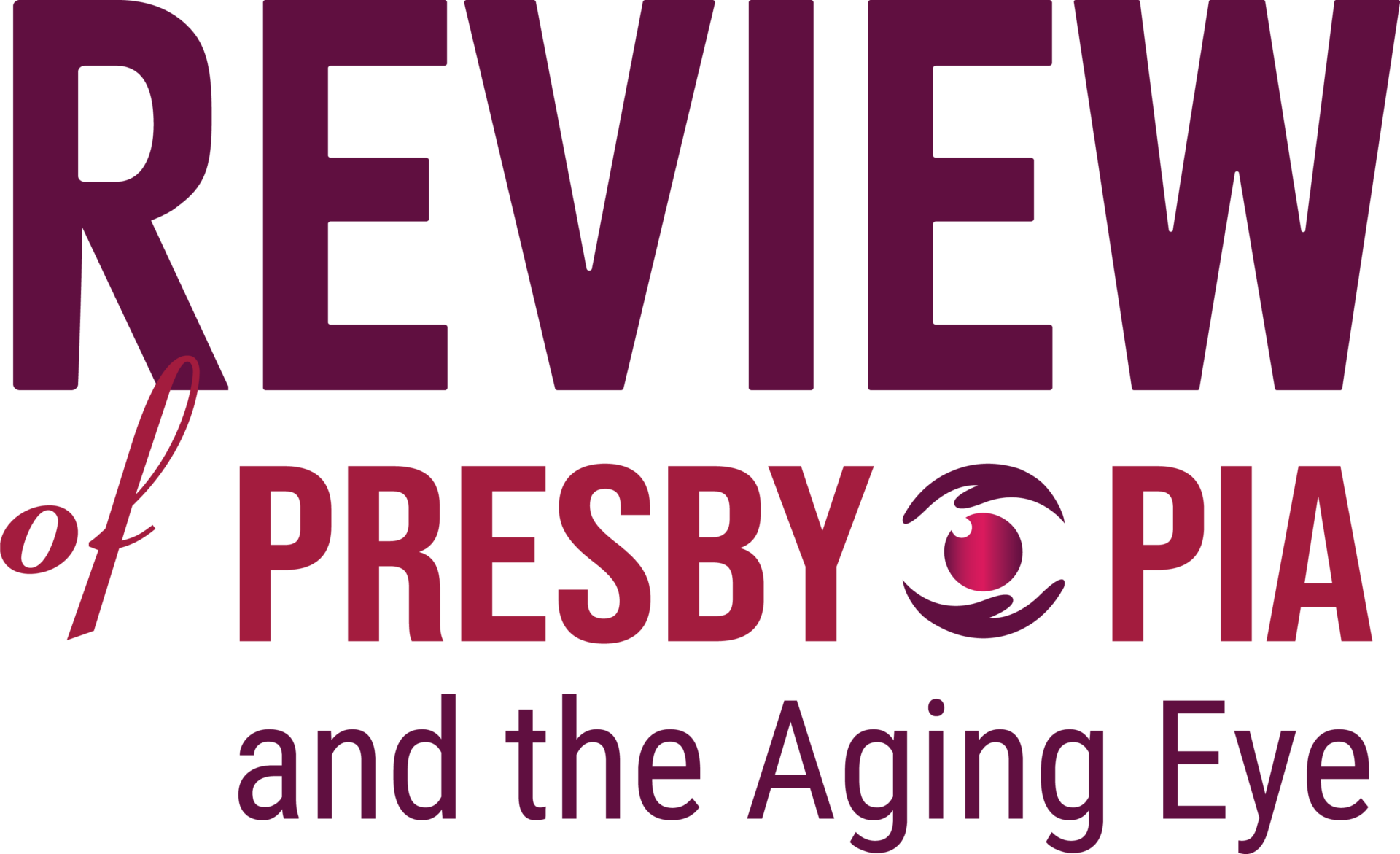August 29, 2023
A few years ago, a tight-knit group of eight friends came together to establish Alpha Omega Consulting. You may recognize these individuals as the skilled editors behind Review of Presbyopia and the Aging Eye. Over time, our ranks have expanded to ten, allowing us to broaden our expertise and incorporate new dimensions such as aesthetics. We convene biannually, providing guidance to about four to six eye care companies regarding the future of eye care, especially in relation to pharmaceuticals, ocular conditions, and diagnostic technologies.
Recently, our summer meeting unfolded against the backdrop of Kiawah Island, close to my residence in Charleston, S.C. This gathering consistently proves enlightening, offering an opportunity to learn from accomplished eye care leaders. The insights garnered during these sessions are then conveyed to you through articles and lectures. Personally, I’m invigorated after each meeting, and I hope that our editors’ articles leave you similarly inspired.
Our discussions often gravitate toward emerging pharmaceuticals and technologies. Personally, I also emphasize the practice management aspect of these innovations and how they impact the field.
Two practice management principles continue to prompt contemplation:
- Valuing Expertise: The first revolves around the concept of charging for our expertise within a fee-for-service framework, particularly when introducing new pharmaceuticals such as Vuity or Upneeq.
- Choosing the Right Approach: The second pertains to the decision between charging for a medical exam versus a vision care plan when a patient presents with an ocular issue and accompanying symptoms.
The exploration of the first point, “Valuing Expertise,” will be a focal point in upcoming articles.
To offer deeper insight into the second issue, “Choosing the Right Approach,” I’ve invited Dr. John Rumpakis, OD, MBA, to craft a dedicated editorial. His expertise will assist in understanding and navigating this aspect of practice management. Until then, allow me to share my perspective.
I firmly believe that our profession’s growth hinges on recognizing the importance of charging for our services. In both scenarios mentioned, we inadvertently undervalue our expertise and time. I intend to address the first concern in forthcoming editorials. Optometry stands as a profoundly patient-oriented medical profession, and I’m convinced that we can draw lessons from our medical peers who consistently associate fees with their services.
A specific challenge emerges when patients with medical issues seek care within the framework of a vision care plan. This requires a disciplined approach, and a strategy exists to handle this situation. Consider this: Why do we charge an evaluation fee for contact lenses? Applying similar principles to new medical or technological advancements could bridge the gap. It’s disheartening to encounter perspectives that opt for not charging patients under the pretext of accepting their vision care plan or expecting to compensate through follow-up visits. This echoes the ethos of organizations offering free eye exams with a glasses purchase — a paradigm I believe we should steer clear of.
When a patient presents with symptoms such as dry eyes, discomfort, pain, or blurred vision, leveraging their major medical plan while also performing a refraction and supplying glasses via their vision care plan strikes an effective balance.
This can be accomplished through the coordination of benefits, a practice supported by most vision care plans. It enables you to bill both the medical exam and the vision care plan concurrently. Dr. John Rumpakis will delve into this program, providing practical examples for implementation in your practice.
In closing, I trust that this exploration equips you to navigate the complexities of the eye care medical landscape and utilize the available tools for more effective practice management.



